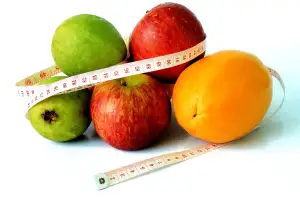Best Varicose Vein Creams Available at Pharmacies
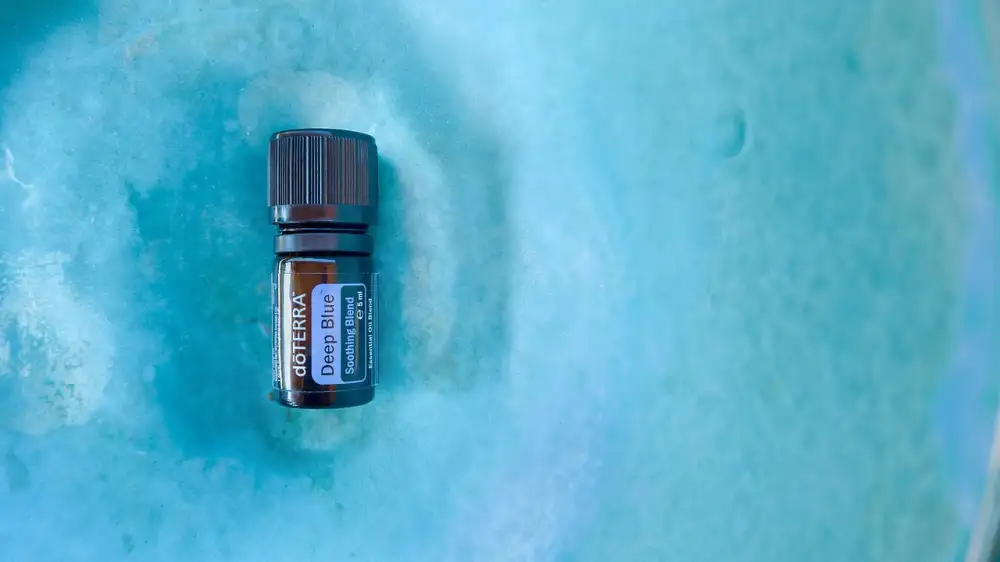
Understanding Varicose Veins
Varicose veins are a common condition affecting millions worldwide. They appear as twisted, enlarged veins, often blue or purple, and are most prominent in the legs. While they might seem like a cosmetic concern, varicose veins can sometimes signal an underlying circulatory issue.
Our circulatory system, with its network of arteries and veins, is responsible for blood flow. Arteries carry oxygen-rich blood from the heart to the rest of the body, while veins return the blood to the heart. To prevent backflow, veins have tiny valves. When these valves weaken or get damaged, blood can pool, causing the vein to swell and become varicose.
Several factors can increase your risk of developing varicose veins. These include genetics, age, prolonged standing or sitting, obesity, pregnancy, and hormonal changes. While some risk factors are beyond our control, lifestyle modifications like regular exercise, maintaining a healthy weight, and avoiding prolonged standing can help.
Many people seek relief from the discomfort associated with varicose veins, which can include pain, aching, swelling, and restless legs. While serious complications are rare, some individuals might experience skin discoloration, ulcers, or blood clots. If you experience any severe or worsening symptoms, it's crucial to consult a healthcare professional.
Over-the-counter creams for varicose veins sold in pharmacies have gained popularity as a readily available option. These creams often contain ingredients like horse chestnut extract, butcher's broom, and diosmin, which are believed to have anti-inflammatory and vein-strengthening properties.
While some individuals might find these creams helpful in alleviating symptoms like swelling and discomfort, it's important to understand that they are not a cure for varicose veins. These creams primarily address the symptoms and may not address the underlying cause.
It's essential to consult a healthcare professional for proper diagnosis and treatment options. They can assess the severity of your condition and recommend the most appropriate course of action, which might include lifestyle modifications, compression stockings, or medical procedures.
Treatment Options Available
It is essential to understand that creams alone cannot cure varicose veins. Varicose veins are a medical condition often requiring professional medical advice and treatment. However, some over-the-counter creams available in pharmacies can help manage the symptoms:
Moisturizing Creams: These creams hydrate and soothe the skin, reducing dryness and itchiness associated with varicose veins. Look for creams containing ingredients like aloe vera or oatmeal.
Creams with Vitamin K: Some believe that Vitamin K can help with blood clotting and reduce the appearance of bruising, which can be beneficial for those with visible veins.

Creams Containing Horse Chestnut Extract: Horse chestnut extract is believed to have anti-inflammatory properties and may help reduce swelling and pain associated with varicose veins.
While these creams might offer temporary relief from discomfort, it's crucial to consult with a healthcare professional for diagnosis and to discuss appropriate treatment options. They can recommend the best course of action, which may include:
Compression Stockings: These stockings apply pressure to the legs, improving blood flow and reducing swelling.
Sclerotherapy: This procedure involves injecting a solution into the veins, causing them to shrink and fade.
Endovenous Laser Ablation: This minimally invasive procedure uses laser energy to heat and close off the affected veins.
Remember, while over-the-counter creams can provide temporary relief from some symptoms, they are not a cure for varicose veins. Always consult a healthcare professional for proper diagnosis and treatment.
| Brand | Active Ingredient | Price Range (USD) | Application Frequency |
|---|---|---|---|
Brand A |
Horse Chestnut Seed Extract |
$10-15 |
Twice daily |
Brand B |
Diosmin, Hesperidin |
$20-25 |
Once daily |
Pharmacy-Available Creams
Many people with varicose veins seek relief from the appearance of these twisted, enlarged veins. While not always a serious medical concern, varicose veins can cause discomfort and self-consciousness. If you're looking for a non-invasive option to address the appearance of varicose veins, you might consider over-the-counter creams available at your local pharmacy.
These creams typically contain ingredients intended to improve circulation, strengthen blood vessel walls, and reduce inflammation. Some common ingredients include:
Hesperidin and Diosmin: These flavonoids, often extracted from citrus fruits, may help to improve blood flow and reduce inflammation.
Horse Chestnut Seed Extract: This extract contains a compound called aescin, which is believed to have anti-inflammatory effects and may help to strengthen vein walls.
Butcher's Broom: This herb contains compounds that may constrict blood vessels, potentially reducing swelling and improving circulation.
While these creams may offer temporary relief from symptoms like swelling and leg fatigue, it's important to have realistic expectations. Pharmacy-available creams are not a cure for varicose veins and are unlikely to make them disappear completely.
Before using any new cream or topical treatment, it's essential to consult with your doctor or a qualified healthcare professional. They can help you determine if the product is appropriate for your individual needs and advise you on potential risks or interactions with other medications.
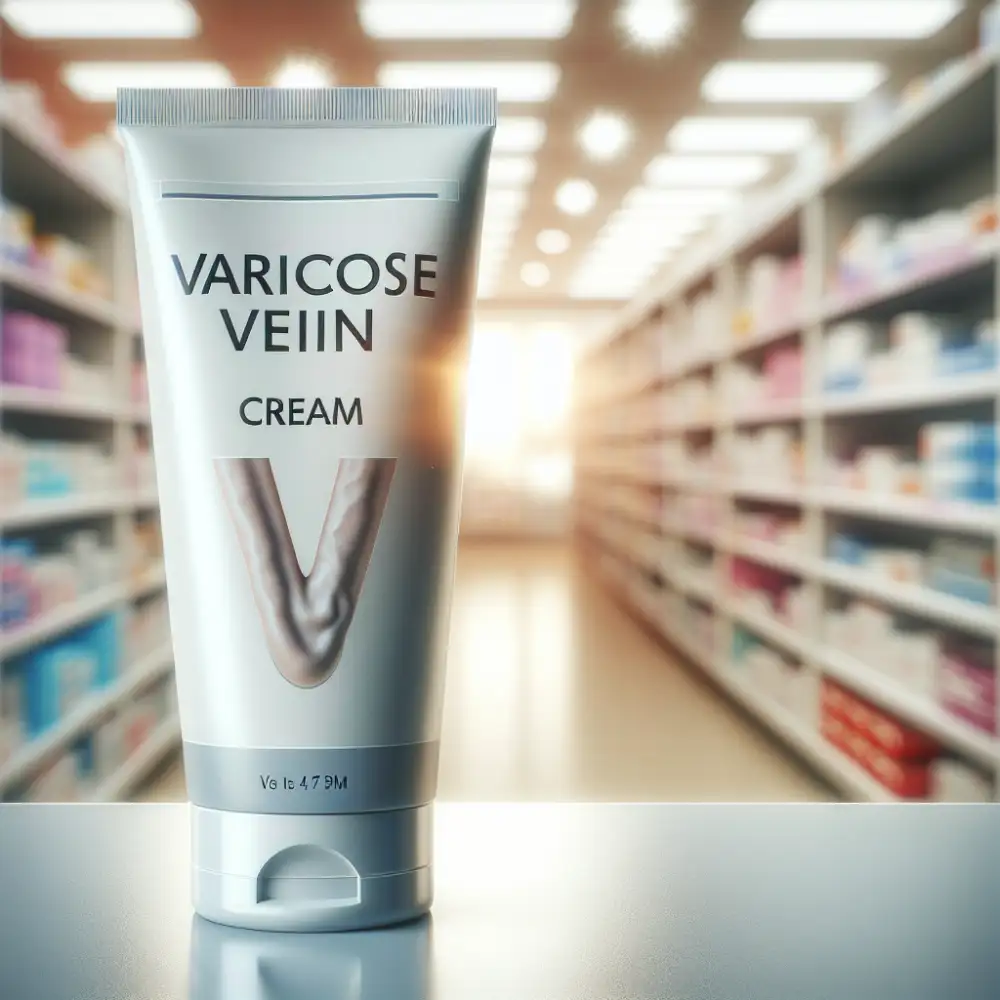
Remember, while these creams might offer some relief, they are not a substitute for proper medical advice and treatment. If you have concerns about varicose veins, consult a healthcare professional for a proper diagnosis and treatment plan.
Active Ingredients Explained
Many creams for varicose veins sold in pharmacies boast a cocktail of active ingredients, each claiming to tackle the problem from a different angle. But what are these ingredients, and what do they actually do? Let's break it down:
Horse Chestnut Seed Extract (Aesculus hippocastanum): This plant extract is a star player in the world of vein health. It contains a compound called aescin, known for its anti-inflammatory properties. Aescin may help reduce swelling in the legs and improve blood circulation, potentially easing the appearance of varicose veins.
Butcher's Broom (Ruscus aculeatus): Another botanical extract, Butcher's Broom, contains compounds that may help constrict blood vessels. This constriction can potentially improve blood flow and reduce the swelling and discomfort associated with varicose veins.
Grape Seed Extract (Vitis vinifera): Rich in antioxidants, grape seed extract is believed to strengthen blood vessels and improve circulation. This can be beneficial in reducing the appearance of varicose veins and preventing further damage.
Hesperidin: This citrus fruit extract is a bioflavonoid known for its potential to strengthen capillaries and improve blood flow. By supporting healthy circulation, hesperidin may help reduce the visibility and discomfort of varicose veins.
Diosmin: Often combined with hesperidin, diosmin is another bioflavonoid that may help improve vein health. It is believed to strengthen blood vessels, reduce inflammation, and improve circulation, potentially alleviating the symptoms of varicose veins.
It's important to note that while these ingredients show promise in addressing varicose veins, more research is often needed to confirm their effectiveness fully.
Always consult with a healthcare professional before starting any new treatment for varicose veins, especially if you are pregnant, breastfeeding, or have any underlying health conditions. They can help you determine the best course of action for your individual needs.
Benefits of Topical Creams
Topical creams for varicose veins, available over-the-counter or by prescription at most pharmacies, offer a convenient and accessible approach to managing this common condition. These creams work by delivering active ingredients directly to the affected areas, providing localized relief from the discomfort associated with varicose veins.
One primary benefit of these creams is their ability to soothe symptoms like itching, heaviness, and swelling. Ingredients like horse chestnut extract, butcher's broom, and diosmin possess anti-inflammatory properties that can help reduce inflammation and alleviate these discomforts.


Furthermore, topical creams often contain moisturizing agents that can combat the dryness commonly associated with varicose veins. By hydrating the skin, these creams can improve its overall appearance and texture, reducing the visibility of spider veins and making the legs feel smoother.
Many creams also include ingredients that aim to strengthen vein walls. Horse chestnut seed extract, for instance, has been studied for its potential to improve vein tone and elasticity, potentially reducing the appearance of bulging veins over time.
The ease of application is another significant advantage of topical creams. Their non-invasive nature makes them a preferred choice for individuals seeking relief without undergoing procedures. Simply massaging the cream onto the affected areas can be easily incorporated into a daily routine.
While topical creams can effectively manage symptoms and improve the appearance of varicose veins, it's essential to remember that they are not a cure. Consulting a healthcare professional is crucial for proper diagnosis and treatment. They can recommend the most suitable cream based on individual needs and advise on other treatment options if necessary.
Choosing the Right Cream
Choosing the right cream for varicose veins can feel overwhelming with so many options available in pharmacies. Here's a breakdown to help you make an informed decision.
First, it's crucial to understand that varicose vein creams are not a cure. They can temporarily relieve symptoms like leg fatigue, swelling, and itching. If you're looking for permanent solutions, consult a healthcare professional about treatments like sclerotherapy or laser therapy.
Now, let's talk about what to look for in a cream. Key ingredients to consider include:
Hesperidin: This citrus fruit extract may help strengthen blood vessels and reduce inflammation.
Diosmin: Often combined with hesperidin, diosmin may improve vein health and blood flow.
Horse chestnut extract: This natural ingredient may reduce swelling and pain associated with varicose veins.
Butcher's broom: This herb may help constrict veins and reduce fluid buildup.
When choosing a cream, consider your individual needs and preferences. Some creams focus on relieving specific symptoms, while others offer a broader range of benefits.
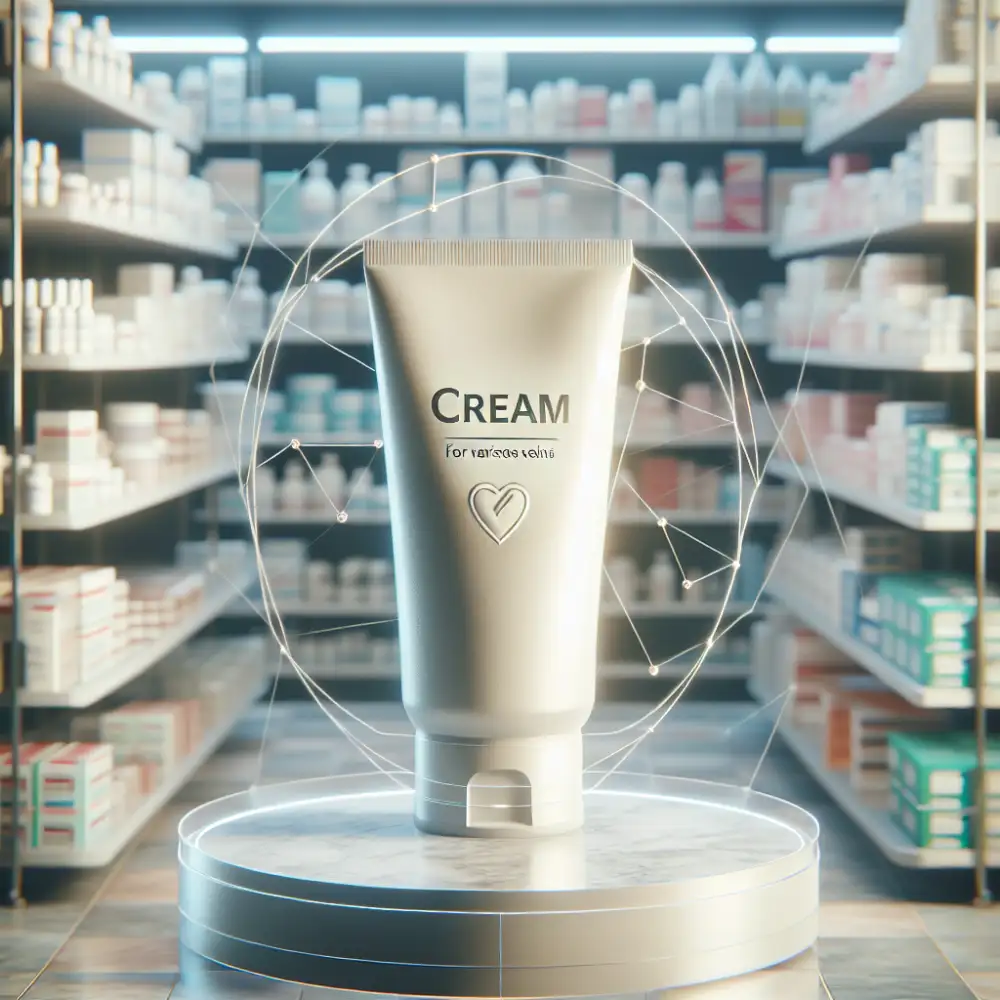
Always perform a patch test before applying any new cream to a large area, especially if you have sensitive skin. Apply a small amount to an inconspicuous area and wait 24 hours to check for any adverse reactions.
Finally, remember that consistency is key. While some creams provide temporary relief, consistent use over time may yield more noticeable results.
If you have any concerns about your varicose veins or experience worsening symptoms, consult a healthcare professional for personalized advice and treatment options.
Using Creams Effectively
Applying varicose vein creams effectively involves a few key steps to maximize their potential benefits.
Choose the right cream. Look for creams specifically formulated for varicose veins and spider veins. Check the ingredients list for active compounds like horse chestnut extract, butcher's broom, or diosmin, which have some evidence suggesting they may help with vein health.
Cleanse the area. Before applying the cream, gently wash the affected area with mild soap and lukewarm water. Pat your skin dry with a soft towel.
Apply as directed. Follow the instructions on the cream's packaging carefully. Gently massage the cream into the skin over the affected veins using upward strokes.
Be consistent. For best results, apply the cream consistently as directed, typically twice a day. Results may take several weeks or even months to become noticeable.
Manage expectations. While creams can offer temporary relief from symptoms like itching and swelling, they are unlikely to eliminate varicose veins completely.
It's important to note that varicose vein creams are generally considered safe for most people when used as directed. However, it's always a good idea to perform a patch test on a small area of skin before applying it more widely, especially if you have sensitive skin. If you experience any irritation or adverse reactions, discontinue use and consult your doctor or pharmacist.
Remember, while over-the-counter creams can play a role in managing symptoms, it's crucial to consult with a healthcare professional for proper diagnosis and treatment of varicose veins. They can recommend the most appropriate treatment options for your individual needs.
When to See a Doctor
While over-the-counter creams can temporarily alleviate the symptoms of varicose veins, it's crucial to understand that they are not a cure. If you're experiencing discomfort or self-consciousness due to varicose veins, it's advisable to consult a healthcare professional.
Seek medical advice if:
Your varicose veins are causing pain, swelling, or discomfort that interferes with your daily life.
You experience symptoms such as itching, burning, or a feeling of heaviness in your legs.
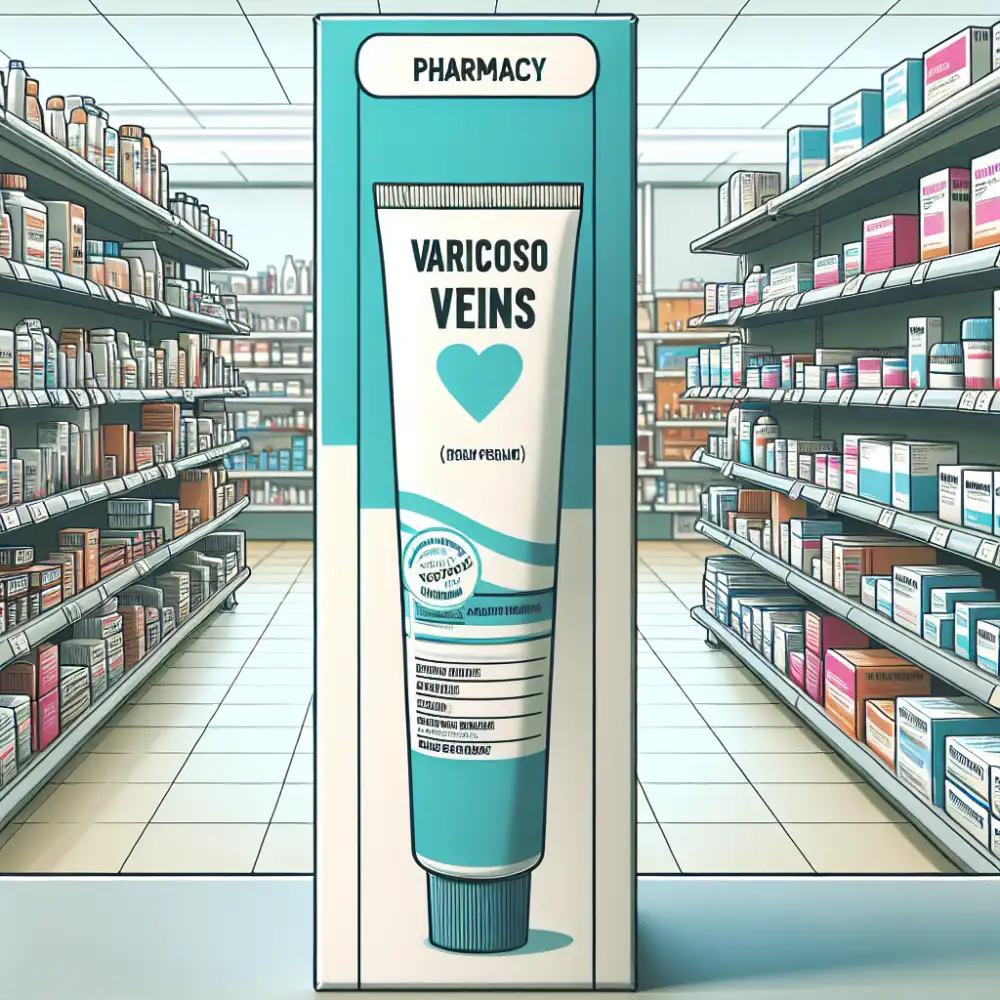
You notice skin changes around the varicose veins, such as discoloration, ulcers, or inflammation.
The veins become increasingly large, swollen, or twisted.
You have a family history of blood clots or varicose veins and are experiencing symptoms.
You're considering cosmetic treatments for varicose veins.
A healthcare professional can properly diagnose the underlying cause of your varicose veins and recommend the most appropriate treatment options. Remember, early intervention is key to managing varicose veins and preventing potential complications.
Published: 19. 06. 2024
Category: Health


